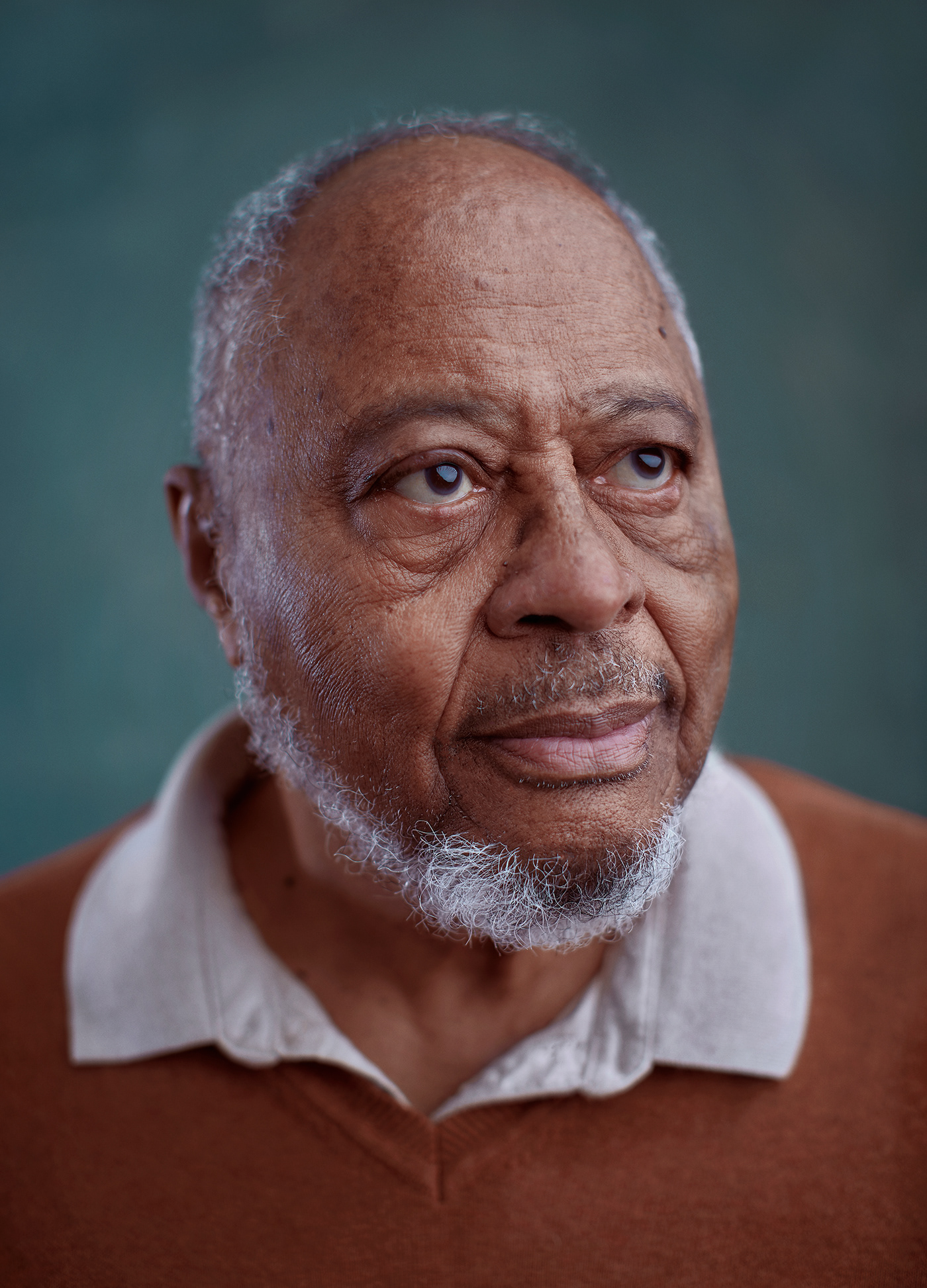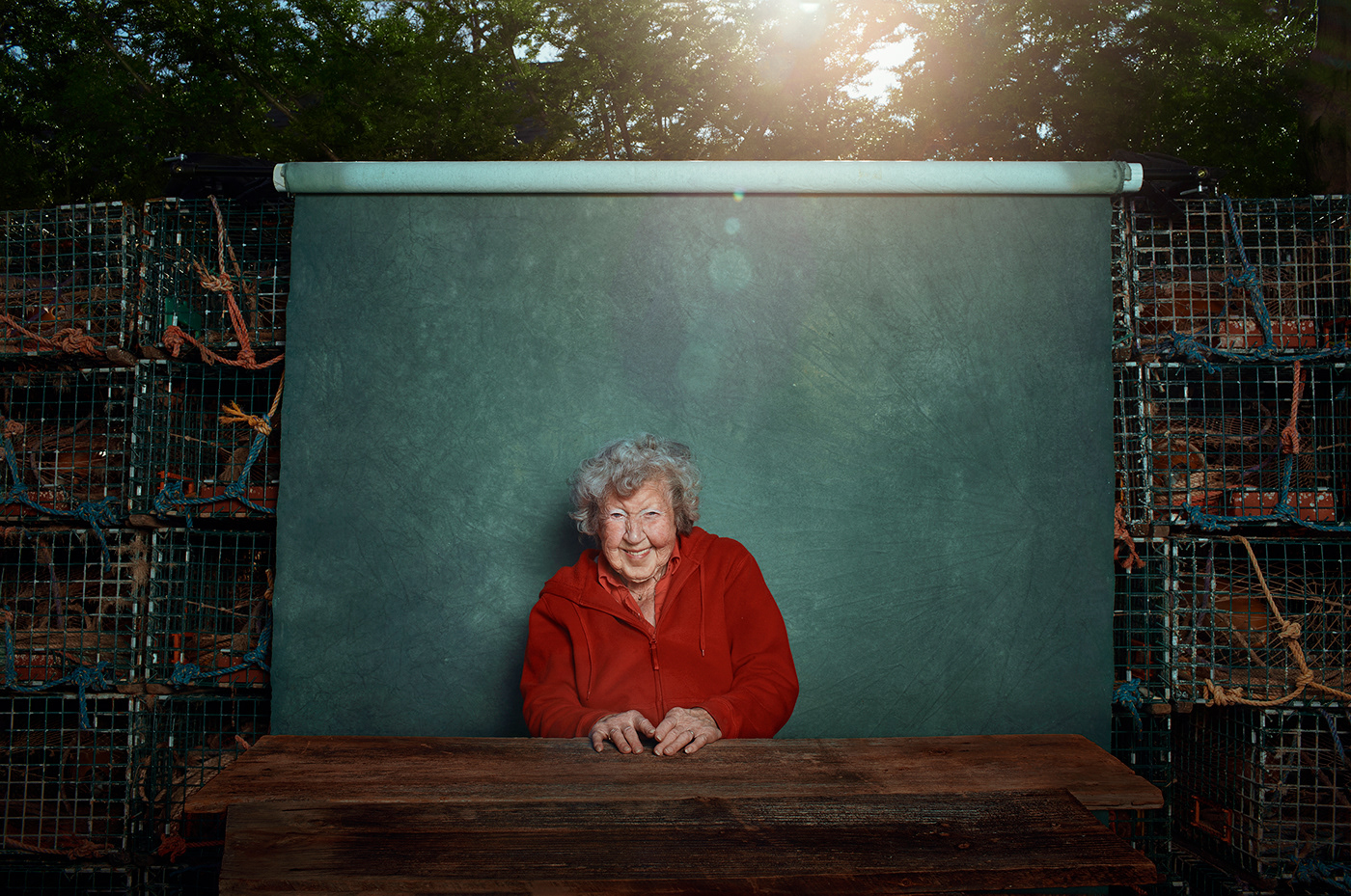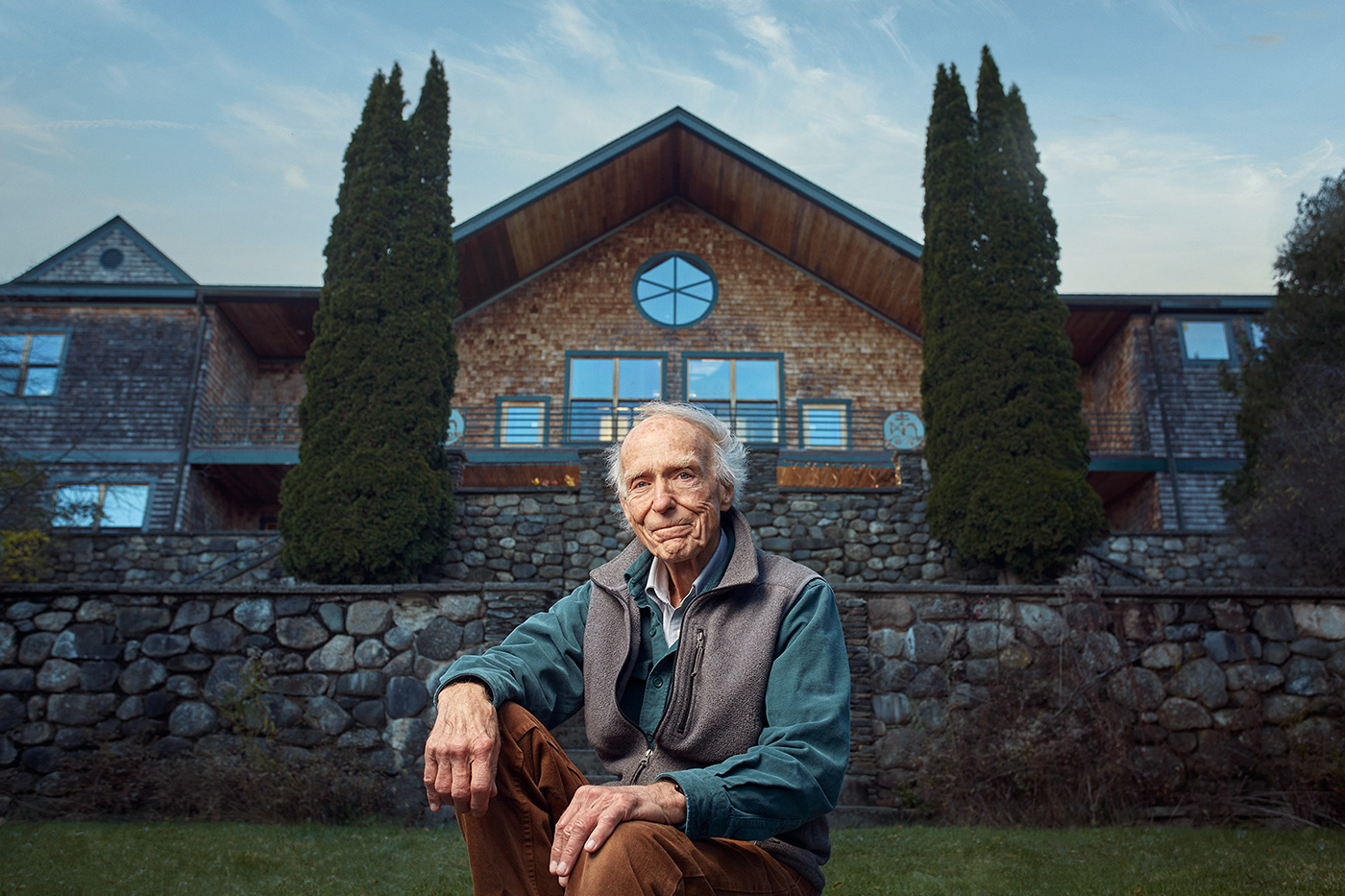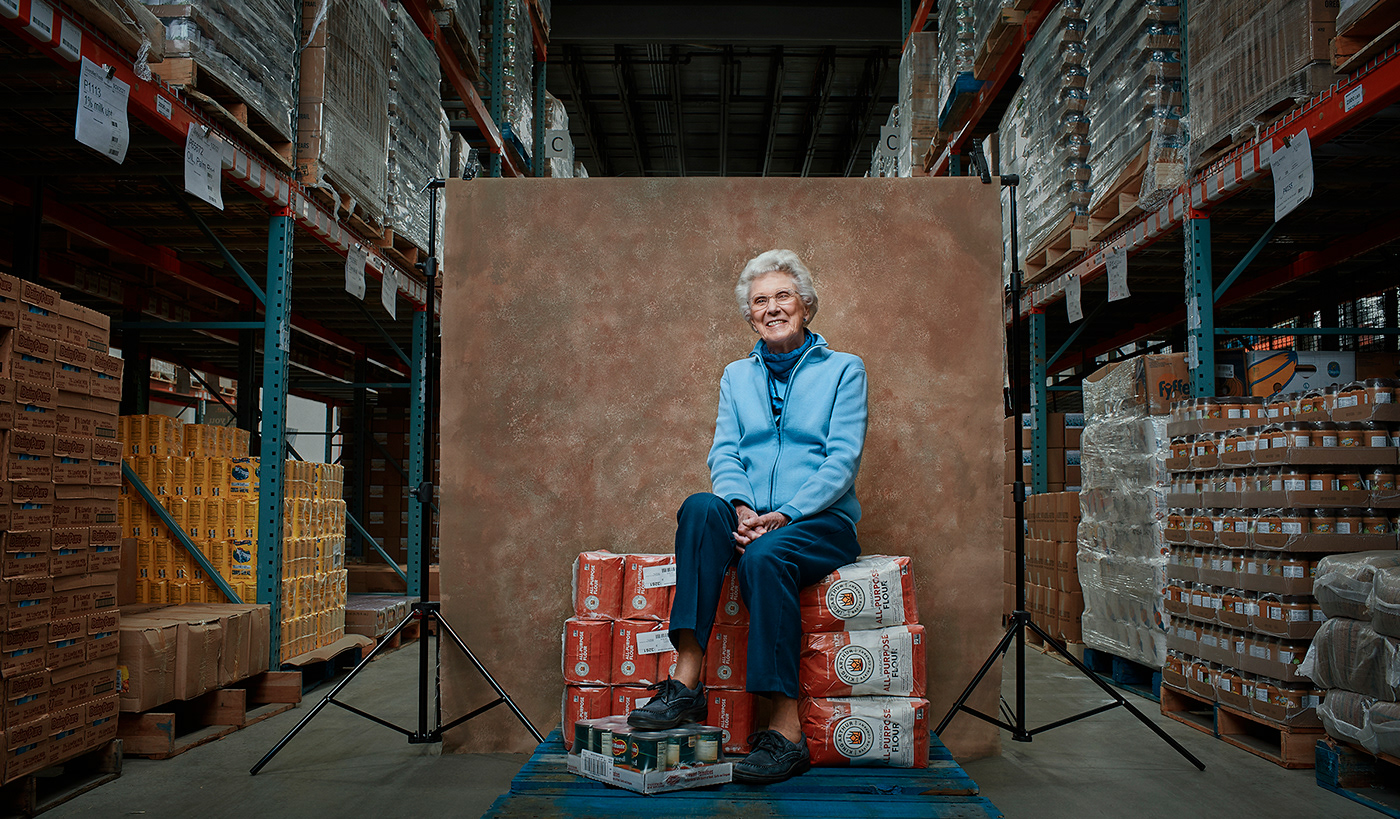T E N A C I T Y:
Portraits of Aging in Maine
Over the last year and a half I’ve been working in collaboration with the University of Maine’s Center on Aging, creating content for an ongoing project on aging in the state called Tenacity: Portraits of Aging in Maine.
The focus of this project is to find individuals who have contributed in significant ways to the state, but also who have stories to tell that speak to different trends in Maine’s aging population.
By sharing these individual stories, the project then also shows how these stories relate to larger trends in aging on both national and international levels. We appreciate you taking the time to learn about this project, and we hope you enjoy learning more about those who participated.

Bob Greene, Lifelong Learner
An eighth generation Mainer, Bob has lived a vibrant life in the pursuit of numerous interests. His natural curiosity coupled with his writing talent has always fed and continues to feed his many passions – good living, good people, good music, and good wine. From international tennis writer to genealogist to music lover, he continues to follow this adopted adage, “The best writers are those who don’t know things. If you need to write about something you don’t know, you need to do really good research.” So at 80, he still questions, and researches, and learns.
Whether people stay active and explore the world outside or learn new things from the comfort of their homes, learning creates opportunities for personal growth and stimulation. Older adults practice lifelong learning in myriad ways. This includes taking college and adult education courses, enjoying hobbies, reading books, exploring the internet, and socializing with others. Many benefits come from lifelong learning. Formal learning opportunities offer older adults social connection and facilitate civic engagement. Research has noted a decreased risk for depression and increased feelings of self-actualization and life satisfaction for later life learners. And, learning experiences that create or build things help older adults contribute to the common good. While access to formal learning opportunities may be limited in some communities, informal learning is much more accessible since it can be any process of absorbing information in our daily lives from events and activities we participate in.

Virginia Oliver, Late Life Employment
A Maine lobsterwoman, Ginny has garnered much press in recent years and for good reason. At more than 100 years of age, she continues to work with her son on his lobster boat three times a week throughout the busiest times of the year. Having started at age 8, she has amassed over 9 decades of work in a physically challenging profession, but retirement is simply not in her vocabulary. As Ginny herself says, “You need to keep moving and you don’t want to stop.” In fact, she has no intention of stopping. “People ask when I’m going to retire, but I’m happy doing what I do.”
The trend toward early retirement has reversed itself in the past several years. More and more workers are postponing retirement and returning to work. In fact, three out of four states are experiencing increased numbers and percentages of people 65 years and older coming out of retirement or remaining in the workforce and that includes Maine's workforce. According to the Maine Department of Labor, by 2019, people at or near the retirement ages of 55 to 74, represented the most prominent working population sector. Approximately 15% of older adults in America are working well into their seventies and beyond. Employment provides a number of benefits for older adults. In addition to the obvious financial reward, work also can give structure, purpose, and meaning in life. It is also a way to remain active and engaged and represents an important place for satisfying the need for maintaining social relationships.

Bill Carpenter, Outdoor Recreation
Bill Carpenter, known as a driving force in the creation of the College of the Atlantic in Bar Harbor, has always maintained an active lifestyle. Now at 84, Carpenter fully endorses the belief that physical activity leads to a healthy life for everyone, including older adults. And Maine supplies the necessary environment. In the spring he and his partner of 33 years, Donna Gold, go canoeing. Summer means sailing their 30-foot sailboat along the rocky coast, and in and out of Maine’s islands. For autumn adventure, they bike to enjoy the changing leaves, and by winter, cross-country skiing is a regular activity. In quieter times, bird watching brings him even more in contact with Maine’s natural world.
For older adults, outdoor recreation offers physical, mental, and social well being benefits. Walking, exercising in outdoor gyms, gardening, and wildlife viewing are common outdoor activities that may be done socially or alone. Spending leisure time outdoors is an important pastime for people of all ages but especially older adults. Mainers enjoy a longstanding culture of experiencing the outdoors. Maine is a primarily rural state, with far more trees than people, leading to many opportunities for people to enjoy the outdoors. Whether a Mainer is tending a garden or walking around their local neighborhood, forest, beach, mountain, or field, they are taking in Maine’s environments and bringing the feeling of it home with them. The feeling of being in nature isn’t just a good feeling that follows you. Being active outdoors has health benefits too! Regular physical activity lowers the risk for cardiovascular disease, type 2 diabetes, dementia, and some cancers in older adults. It also reduces depression and anxiety and even helps to improve sleep. Community-dwelling older adults who exercise regularly, especially exercising their balance, can help decrease their risk of falls by up to 21%. Some communities are even installing outdoor exercise equipment in neighborhood parks to help facilitate this. Outdoor recreation allows us to recharge, socialize, and exercise in a low stress environment. The benefits to our well being cannot be overstated.

Gerry Tinkham, Older Adult Volunteering
As a way to fill free time and help other people, 93-year-old Gerry Tinkham has been a regular volunteer at the Good Shepherd Food Bank distribution center in Auburn for nearly 15 years. Why? “Because there is such a need. We have the opportunity to make a difference and help those who simply don’t have enough to eat. It’s a wonderful establishment because we’re doing something for somebody else. When you’re around people who volunteer, you’re around nice people. When I first started volunteering there, I realized I was going home every day with a smile on my face”
People have been helping others since the beginning of time. Volunteering has always been a deeply held value and a central characteristic of American society. For older adults, it can represent one of the most important ways in which to stay active, engaged, and connected to the world at the same time that it allows us to give back to those who can benefit greatly from varying kinds of assistance. And, older adults are counted among the most inclined to volunteer of all age groups. In fact, adults 65 years and over report the highest median annual hours spent on volunteer activities of any age group. In addition to the positive effects it has on the communities in which older adults serve as volunteers, research has highlighted the multiple benefits that that are associated with those who volunteer, especially people 60 years of age and older, including improved physical and psychological well-being as reflected in higher levels of life satisfaction, self-worth and a sense of accomplishment as well as a reduced risk of dementia. Older adults who volunteer have fewer cognitive complaints, symptoms of depression, and general psychological distress, improved self-assessments of their personal health and even lower blood pressure levels.
Behind the Scenes







Photos: Jason Paige Smith
Text: Rick Mundy & Lenard W. Kaye, D.S.W., Ph.D.
Director, University of Maine Center on Aging
Retouching: Jeff Whitlock
Assist/Video: Larry Ayotte
Retouching: Jeff Whitlock
Assist/Video: Larry Ayotte
Photography/Retouching links








